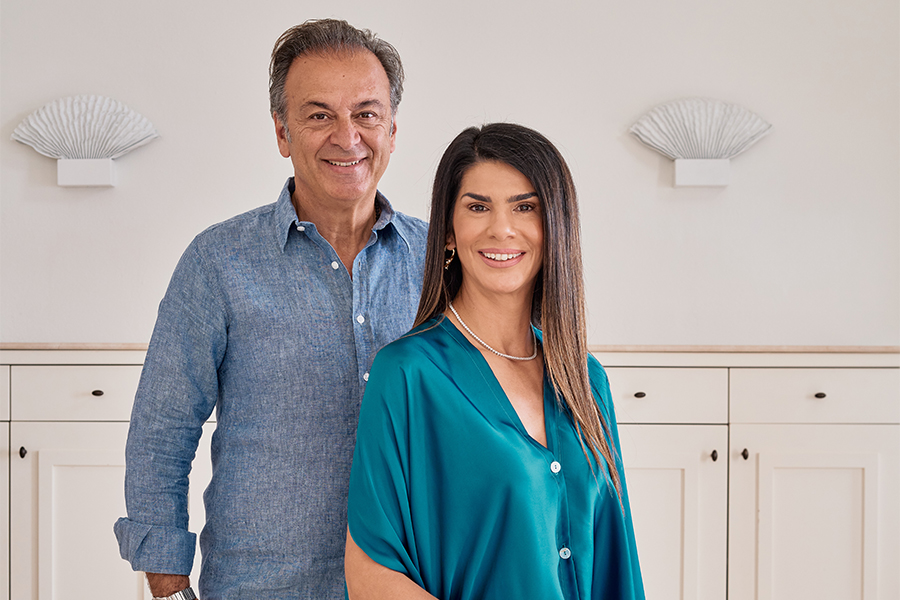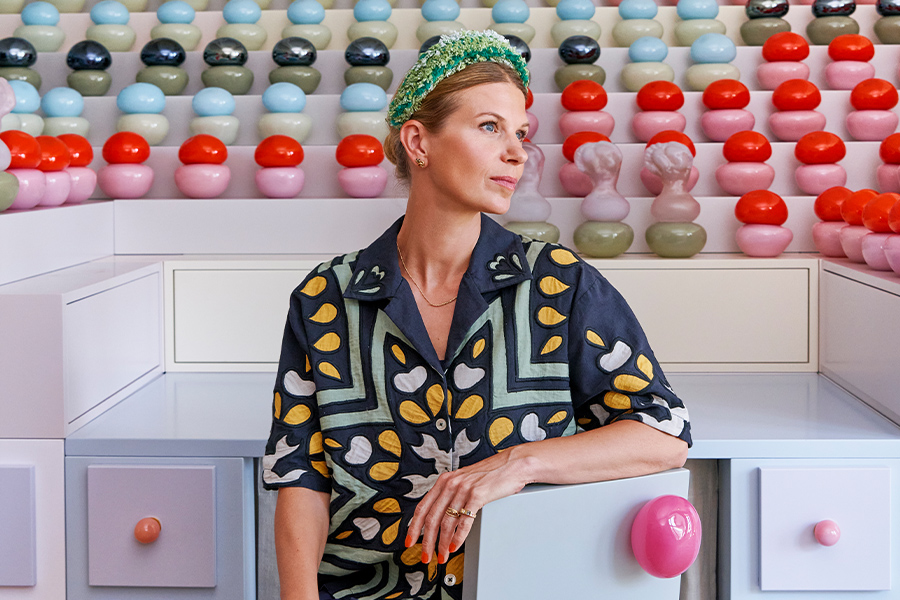In the past 30 years, San Francisco-based Studio O+A has made a name for itself by helping reshape office culture for tech powerhouse firms, such as Microsoft, Facebook, Uber, and Yelp. Firm cofounder and principal Primo Orpilla shared with attendees how certain types of spaces can promote specific behaviors, whether it be private “heads down” work or a social, collaborative effort. A truly impactful workspace relies on hospitality-like practices like directing people to areas that encourage productivity, creativity, and innovation.
Reimagining the office
As a response to coworking spaces, office design is evolving to become more welcoming, where traditional workspaces mix with inviting living rooms. These spaces are intentionally cozy and lounge-like “because we know people will work there,” he says. “Whether it’s fireplaces or beautiful furniture from Scandinavia, we want that whole experience in the workplace to be as rich and meaningful as it is in shared spaces.”
Flexibility is key
Rigid office spaces are no longer viable in today’s world. Now, the workplace must serve a variety of functions throughout the day. For the McDonald’s headquarters in Chicago, O+A created a town hall space to foster many types of interactions, while a reconstructed green slide tube cultivates a family-friendly environment. Transitional thinktanks “tend to be very open and fun,” he adds. “People will spend an entire day in one of these areas” because of their flexibility for teamwork and individual use.
Going analog
Workers want places to retreat or refresh. A workshop space can be a sanctuary for people who need to take a technology break. Centered around music, board games, reading, or “doing something opposite of getting on your [digital device], these spaces are conducive to a longer and more productive workday. “It’s a reinvigorating part of the day that removes workers from their day-to-day routine.”
Photography by Garrett Rowland, Jasper Sanidad, and courtesy of Studio O+A


